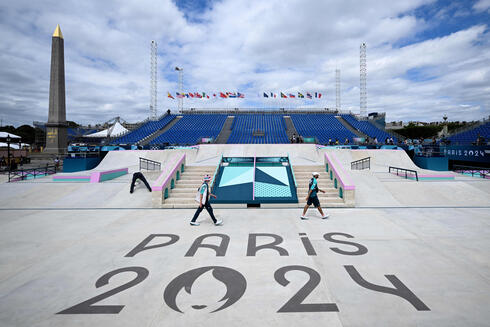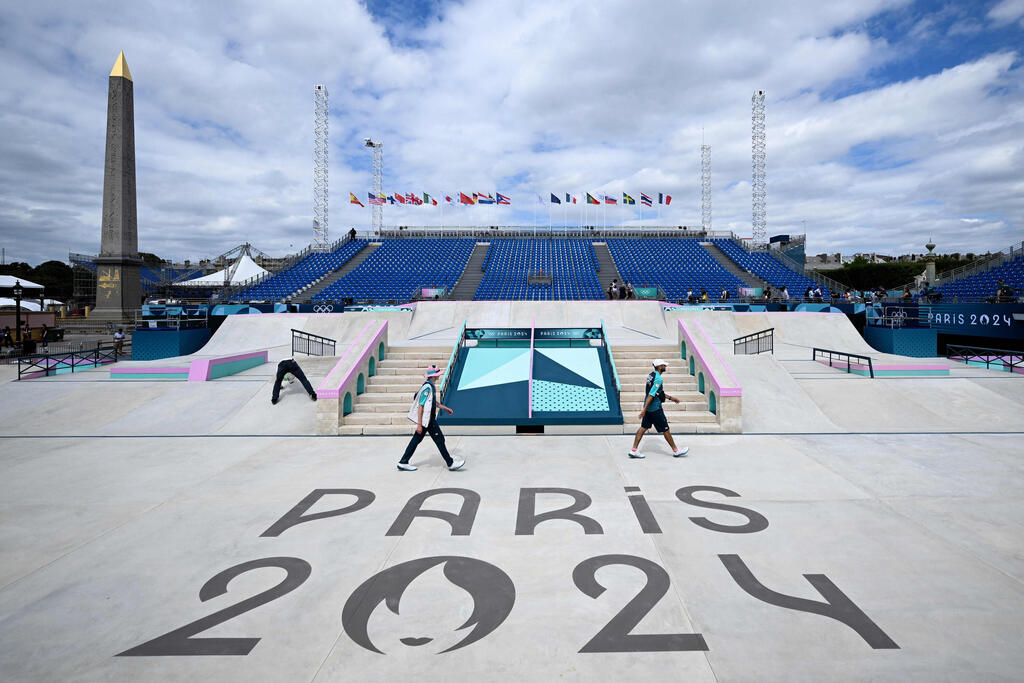
Can the Olympics survive climate change?
Global warming forces a rethink of traditional August games.
Thomas Bach, President of the International Olympic Committee, recently warned that climate change might require the Summer Olympic Games to be moved from August, as temperatures rise every year. The average temperature in the city has increased by 3.1 degrees Celsius since Paris last hosted the Olympic Games in 1924 and the number of days where the temperature has surpassed 30 degrees has nearly tripled since the 1920s.
According to an analysis published by CNN based on CarbonPlan data, heat stress, which also takes into account humidity, wind speed, and cloud cover, in almost all cities in the eastern part of the U.S. would shoot well past the 82.1-degree Fahrenheit (27.8 degrees Celsius) limit, beyond which experts recommend canceling sporting events. In fact, according to the report, by 2050, most of the world will be too hot to host the Olympic Games. The games held in Atlanta in 1996 would be impossible in 2050.
Beijing and Shanghai will be out of bounds, as will Hong Kong and vast areas of Southeast Asia. Even Athens, Rome, Atlanta, Tokyo, Barcelona, and Seoul may be too hot in August to host the Olympic Games. Cities in Northwestern Europe, like London, Oslo, and Stockholm, may become more attractive for the event, while Mediterranean cities, including Palermo in Sicily and Seville in Spain, will mostly be too hot.
More than 10 countries are interested in hosting the 2036 games. Six have officially submitted proposals: Ahmedabad, India; Nusantara, the planned new capital of Indonesia; Doha, Qatar; Istanbul, Turkey; Warsaw, Poland; and Santiago, Chile. Almost all of these cities will exceed the heat threshold at some point, with only Santiago remaining below it throughout the year, including during the peak of the summer.














